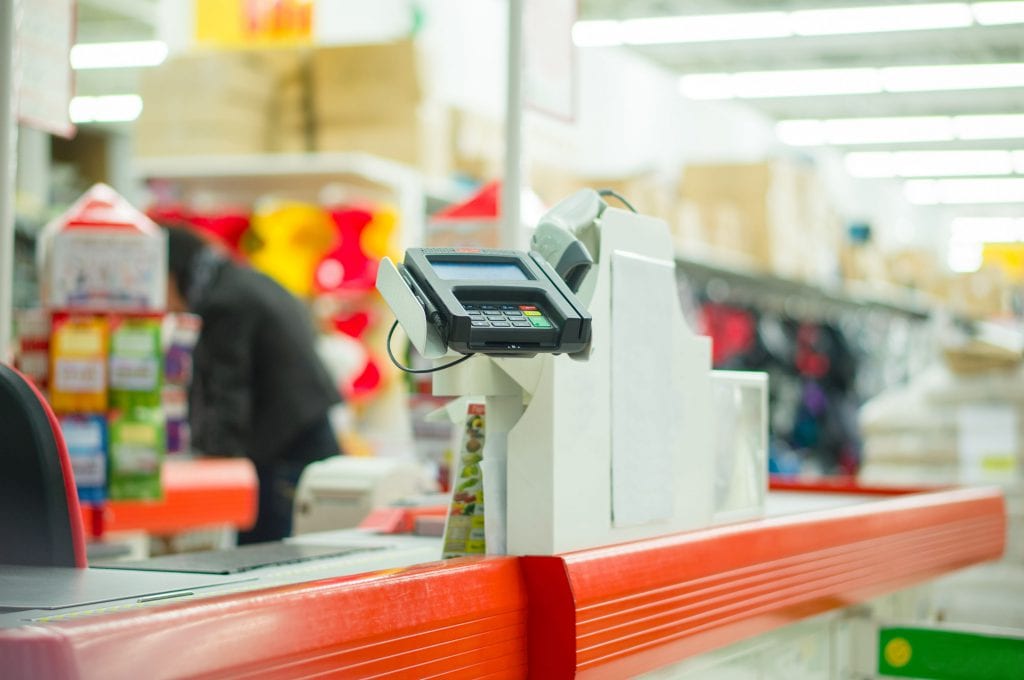An article in a recent issue of PayBeforedescribes how U.S. customs agents will soon start testing prepaidscanners in order to stop money laundering. The device comes aspart of a move to comply with U.S. Treasury rules that sayindividuals crossing the board must declare when they are inpossession of more than $10,000 in prepaid cards.
The rule comes from a mistaken belief on the part of regulatorsthat it is possible to load large amounts of money onto prepaidcards anonymously and easily move it across the border. It would beamazing if agents found anyone even close to the $10,000, but theexpectation that they will comes from a fundamental lack ofunderstanding about the industry.
Prepaid card program managers have policies and procedures in placeto prevent this kind of occurrence. Load limits well below $10,000will keep most criminals from thinking about them as a way to movelarge amounts of money. Program managers also limit the number ofcards that can be purchased in a day and look for unusual patternsof transactions. In addition, most prepaid card program managershave registration requirements for cards above a certain dollaramount – some as low as $250. Program managers can also keep theircards from being used internationally without some kind ofregistration.
In addition, thanks to the Office of the Comptroller of theCurrency’s guidance on third party prepaid risk, banks arescrutinizing prepaid card program managers’ anti-money launderingprocedures and making them put policies and procedures in placethat require collecting information from customers similar to thatcollected for a bank account.
Finally, prepaid cards leave records. They allow transactions betraced. Most criminals want to be able to take their money anddisappear off the radar, not leave tracks across severalcountries.
Implementation of the law also will likely lead to complications.As the Paybefore article points out, there are prepaid cards thatmay look indistinguishable from bank-issued debit cards. Willagents take debit cards in the mistaken belief that they areprepaid card or let prepaid cards through in the belief that theyare debit cards? This issue could reduce the effectiveness of themeasure lead to legal troubles down the road.
While criminals will use any tools at their disposal to avoidgetting caught, scanning every travel card at the border is notgoing to pick up much money laundering. The safeguards put in placeby the industry mean that criminals will not use prepaid in thismanner to move cards and funds around.
